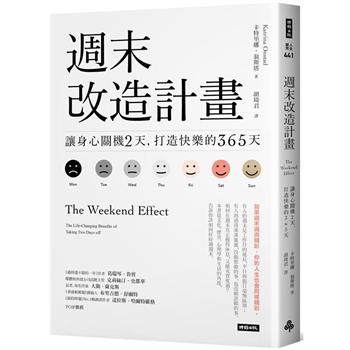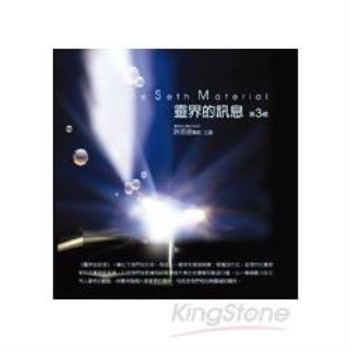This book contributes to the 'cultural encounters' debate, exploring the extent to which the encounter between US Quaker missionaries and Cuban communities could be described as a cultural exchange or cultural imperialism. It examines the extent to which ideas of cultural superiority and a sense of national imperial pride pervaded the attitudes and actions of the US Quaker missionaries. The discussion investigates the objectives behind the Quaker mission and argues that the motives were characterised by the historical development of Quaker evangelism in the US, at a time of 'Manifest Destiny'. US Quakers believed Cubans to be inferior and unable to govern the mission, which in turn reflected the US authorities' discourse of superiority throughout the time of the Cuban Republic. The close relationship between the Quakers, the United Fruit Company, and local and national elites in Cuba is researched, finding this relationship to perpetuate political corruption. The encounter was structured by attitudes of religious, racial or cultural superiority, combined with political and economic expansionism. Describing it as a cultural exchange diverts attention away from the nature of this historical and political phenomenon. The book is addressed to scholars interested in Cuban studies, protestant evangelism and/or US cultural imperialism.
| FindBook |
有 1 項符合
Cultural Imperialism or Cultural Encounters: Foreign Influence Through Protestant Missions in Cuba, 1898-1959 a Quaker Case Stud的圖書 |
 |
Cultural Imperialism or Cultural Encounters: Foreign Influence Through Protestant Missions in Cuba, 1898-1959 a Quaker Case Stud 作者:Leimdorfer 出版社:VDM Verlag Dr. Mueller E.K. 出版日期:2008-04-02 語言:英文 規格:平裝 / 212頁 / 24.4 x 17 x 1.3 cm / 普通級 |
| 圖書館借閱 |
| 國家圖書館 | 全國圖書書目資訊網 | 國立公共資訊圖書館 | 電子書服務平台 | MetaCat 跨館整合查詢 |
| 臺北市立圖書館 | 新北市立圖書館 | 基隆市公共圖書館 | 桃園市立圖書館 | 新竹縣公共圖書館 |
| 苗栗縣立圖書館 | 臺中市立圖書館 | 彰化縣公共圖書館 | 南投縣文化局 | 雲林縣公共圖書館 |
| 嘉義縣圖書館 | 臺南市立圖書館 | 高雄市立圖書館 | 屏東縣公共圖書館 | 宜蘭縣公共圖書館 |
| 花蓮縣文化局 | 臺東縣文化處 |
|
|
圖書介紹 - 資料來源:博客來 評分:
圖書名稱:Cultural Imperialism or Cultural Encounters: Foreign Influence Through Protestant Missions in Cuba, 1898-1959 a Quaker Case Stud
|










